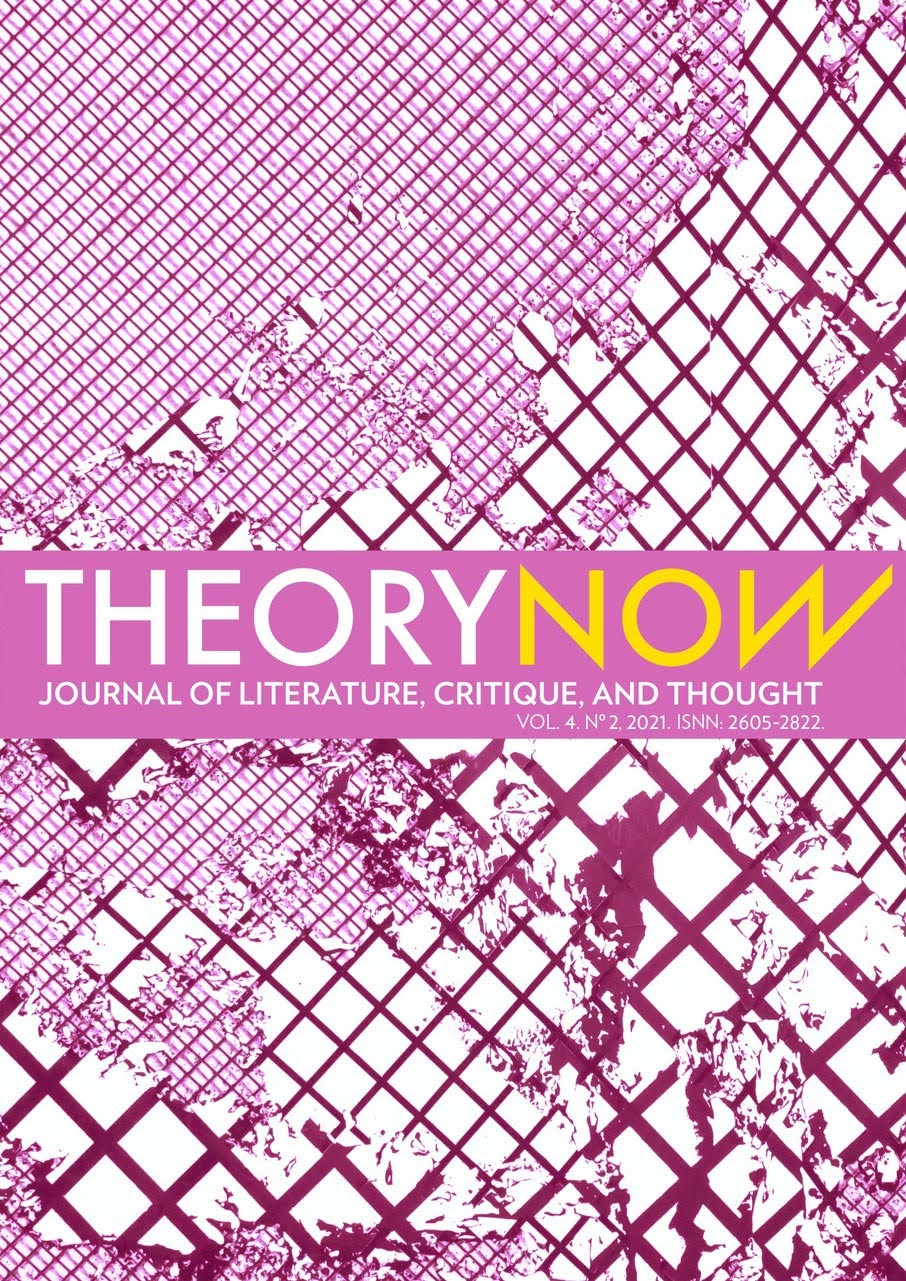Is there a body in this corpus? Sexual/Textual Corporalities in the Fantastic
DOI:
https://doi.org/10.30827/tn.v4i2.21149Abstract
Establishing a dialogue with a textual corpus from fantastic and / or unusual genre literature written by women (Mariana Enríquez, Patricia Esteban Erlés, Cecilia Eudave, Angélica Gorodisher and Sofía Rhei), this article maps corporeal literary critique focused on four – not exclusive– types of interrelations between text and body: (1) the body represented in the text; (2) the body that is materially the text; (3) the bodily notions that are embodied in writing and the instruments of criticism, and (4) the body (as deletion or erasure) of those who do the work of reading-interpreting a literary text from a critical theory perspective. In this way, the approach lines of this type of corporal criticism are drawn at the crossroads of textual and sexual genres that do not intend to be definitive, but suggestive and contagious.
Downloads
Downloads
Published
How to Cite
Issue
Section
License
Theory Now. Journal of Literature, Critique, and Thought is an immediate open-access publication which is available at no cost for readers and authors alike. Authors are not charged any kind of fee for the editorial processing of their articles. Reading, downloading, copying, distributing, printing, searching, linking or reusing all published articles for non-commercial uses is allowed on the condition of citing the author, the journal and the editing body. All intellectual material published in this journal is protected under a Creative Commons Attribution-NonCommercial 3.0 Spain license.
Dissemination of the articles in social (Facebook, Twitter, Linkedin, etc.) and scientific networks (ResearchGate, Academia.edu, etc.), public repositories at universities and other institutions, blogs, personal or institutional websites, Google Scholar, ORCID, ResearchID, ScopusID, etc. is strongly encouraged. In all cases, the intellectual property of the articles and any possible monetary profits derived from them belong exclusively to the authors.













